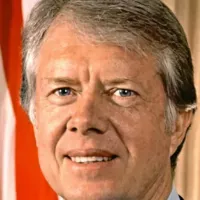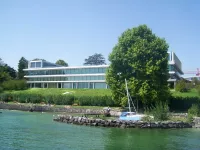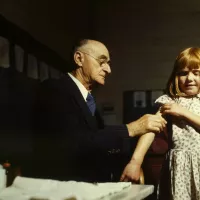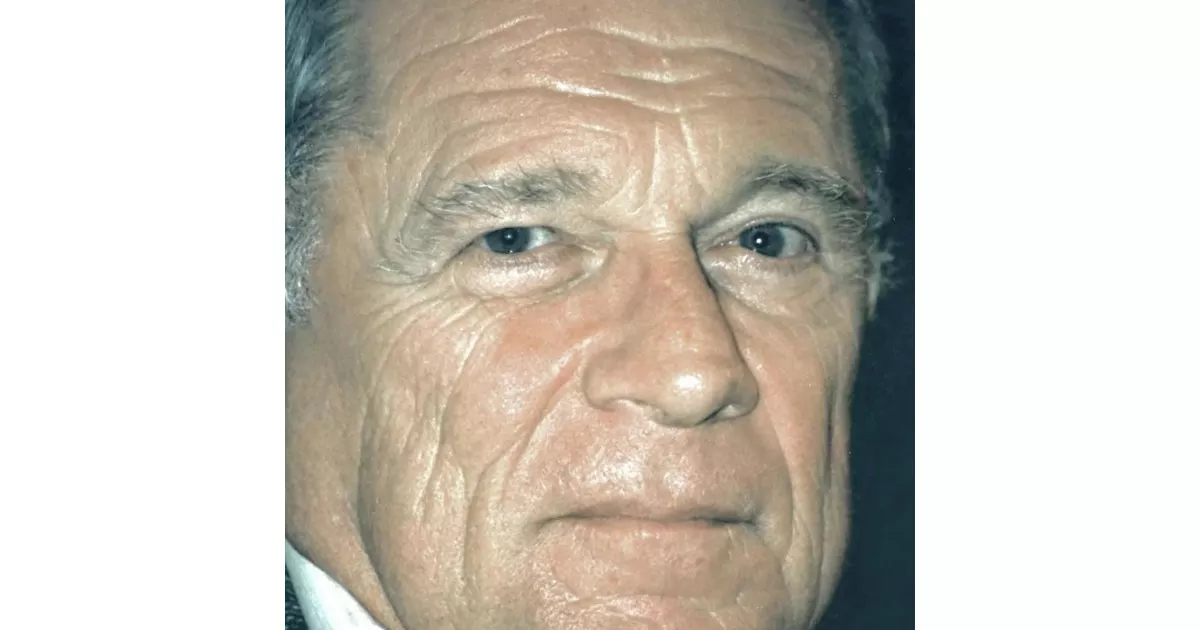From career breakthroughs to professional milestones, explore how F. Lee Bailey made an impact.
F. Lee Bailey was a prominent American criminal defense attorney known for his involvement in several high-profile cases. He gained notoriety for successfully defending Sam Sheppard in his 1966 retrial for the murder of his wife. Bailey also played a key role in the defense team for Albert DeSalvo, the alleged Boston Strangler, and served as the lead attorney during the court-martial of Captain Ernest Medina related to the My Lai Massacre during the Vietnam War. He was also part of O.J. Simpson's defense team during his murder trial. Despite his successes, Bailey's legal career faced setbacks, including disbarment in Florida and Massachusetts due to misconduct related to client funds.
1952: Dropped out of Harvard College to Join the Navy
In 1952, Bailey dropped out of Harvard College to join the United States Navy.
1954: Received Naval Aviator Wings
In 1954, Bailey received his naval aviator wings after flight training.
1964: Bailey Defended Albert DeSalvo
In 1964, Bailey defended Albert DeSalvo for a series of sexual assaults known as the "Green Man" or "Measuring Man" incidents.
December 1966: Bailey Defended Coppolino in New Jersey
In December 1966, Bailey successfully defended Carl A. Coppolino in the New Jersey case over the death of William Farber.
1966: Bailey Won Sheppard a Retrial Before the U.S. Supreme Court
In 1966, Bailey successfully argued before the U.S. Supreme Court that Sam Sheppard had been denied due process, leading to a retrial.
1967: Host of Good Company
In 1967, Bailey became the host of the short-lived ABC television series 'Good Company', in which he interviewed celebrities in their homes.
1983: Host of Lie Detector
In 1983, Bailey became the host of a short-lived syndicated television show called 'Lie Detector', where guests were questioned and submitted to a polygraph test.
1983: Korean Air Lines Flight 007 Case
In 1983, Bailey took on the case of aggrieved families of passengers on Korean Air Lines Flight 007, which was shot down over the Soviet Union, leading to criticism of his commitment to the case.
1994: Bailey Represented Claude DuBoc
In 1994, while the O. J. Simpson case was ongoing, Bailey and Robert Shapiro represented Claude DuBoc, who was found guilty of drug trafficking.
2001: Disbarment in Florida
In 2001, Bailey was disbarred in Florida for misconduct while defending Claude Louis DuBoc.
2003: Disbarment in Massachusetts
In 2003, Bailey was disbarred in Massachusetts for misconduct while defending Claude Louis DuBoc.
March 2005: Failed attempt to regain law license
In March 2005, F. Lee Bailey filed to regain his law license in Massachusetts, but was unsuccessful.
2009: Move to Yarmouth, Maine
In 2009, F. Lee Bailey moved to Yarmouth, Maine, and became a partner in the Bailey & Elliott consulting business with Debbie Elliott.
2012: Maine Bar Examination
In 2012, F. Lee Bailey passed the Maine bar examination and applied for a law license, which was initially denied by the Maine Board of Bar Examiners.
March 2013: Hearing on law license application
In March 2013, a two-day hearing was held by Supreme Judicial Court Justice Donald G. Alexander to examine Bailey's suitability to practice law.
April 19, 2013: Ruling on law license application
On April 19, 2013, Supreme Judicial Court Justice Donald G. Alexander filed a 57-page ruling stating that Bailey was almost fit to practice law, except for an outstanding tax debt of nearly $2 million. Bailey was allowed to move for reconsideration of the decision if he offered a plan to repay the debt.
June 2013: Motion for reconsideration filed
In June 2013, Bailey's attorney, Peter DeTroy, filed a motion for reconsideration of the decision regarding Bailey's law license application. Justice Alexander granted the motion.
2013: Denied Law License in Maine and Subsequent Appeal
In 2013, The Maine Board of Bar Examiners denied Bailey a law license, a decision Bailey appealed that same year. The appellate court overturned the initial license denial.
2014: Maine Supreme Judicial Court Upheld License Denial
In 2014, The Maine Supreme Judicial Court upheld the original denial of Bailey's law license after the Board of Examiners appealed the appellate court decision.
2016: Operating consulting business in Maine
In 2016, F. Lee Bailey resided in Maine and operated the Bailey & Elliott consulting business.
Mentioned in this timeline

Bill Clinton served as the nd U S President from...
California is a U S state on the Pacific Coast...

Jimmy Carter the th U S President - was a...

Sir Paul McCartney is an English singer songwriter and musician...
Florida a state in the Southeastern United States is largely...

Books are a means of storing information as text or...
Trending
31 minutes ago Pokemon Celebrates 30 Years: A Cultural Phenomenon with Multimillion-Dollar Cards

31 minutes ago Daylight Saving Time 2026: Prepare to set your clocks forward and lose sleep.

32 minutes ago Indiana Investigates CenterPoint Energy Amid Bill Concerns and New Utility Law.

32 minutes ago Galatasaray's Champions League opponent revealed; Liverpool legend comments on Juventus match; Real Madrid faces Man City.

3 hours ago Google Maps to fully function in South Korea after data agreement.

4 hours ago CDC Panel to Discuss COVID-19 Vaccine Injuries Following RFK Jr.'s Meeting
Popular

Jesse Jackson is an American civil rights activist politician and...

Barack Obama the th U S President - was the...

Susan Rice is an American diplomat and public official prominent...

XXXTentacion born Jahseh Dwayne Ricardo Onfroy was a controversial yet...

Michael Joseph Jackson the King of Pop was a highly...

Kashyap Pramod Patel is an American lawyer who became the...
